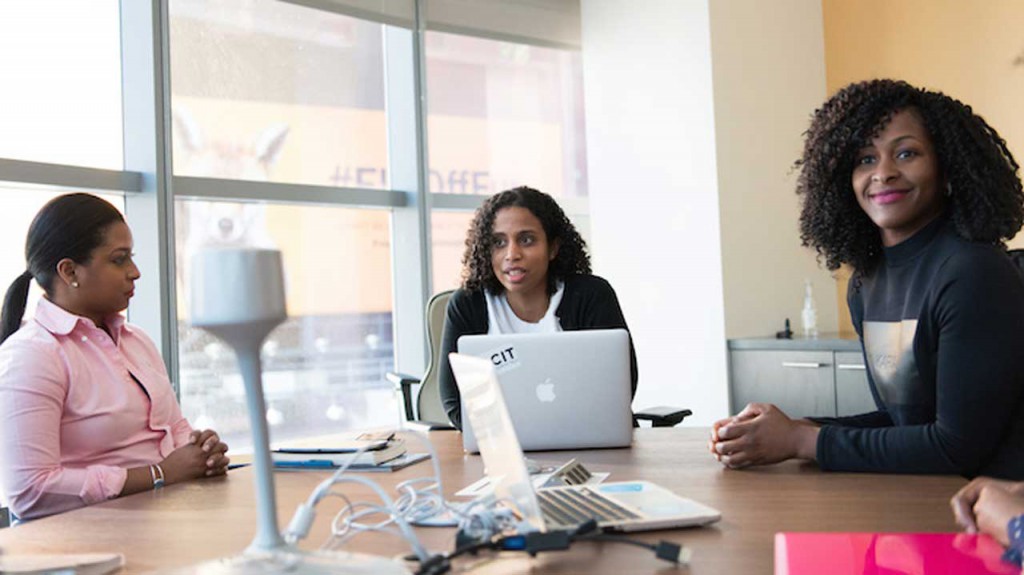GreenHouse Capital opens application for female tech programme
The Venture Garden Group, GreenHouse Capital, has opened 2018 application for the first-female-focused tech accelerator program in Nigeria. The three-month accelerator programme begins mid-August and will run through mid-November.
According to the Director of GreenHouse Lab, Tosin Durotoye: “To tap into the vast brainpower and opportunity for innovation necessary to propel Nigeria and Africa as a whole forward, our mission at GreenHouse Lab is to level the playing field by providing early‑stage, women-led, high‑ growth technology start‑ups with investments and support infrastructure within the range of 250, 000 USD.
“We also provide exceptional teams with the resources and mentorship network they need to drive growth and scale their companies both in emerging and international markets.”
Durotoye noted that the program is residential and will be hosted at Vibranium Valley tech campus in Lagos. The accelerator ends with a demo day where companies get to pitch their businesses to a wider network of local and international investors.
In a research conducted by Disrupt Africa, $195.1 million in venture capital funding was invested in African start‑ups compared to $129.1million in 2016, an increase of 51 per cent. With $63.3 million in startup investments in 2017, Nigeria was the top investment destination in Africa followed by South Africa and Kenya. As Nigeria continues to emerge as a technology hub, one thing is clear, women are missing on the playing field.
The research further revealed that of the 25 per cent of women in tech, only 21 per cent are tech executives and of these, only 11 per cent are African technology officers. Currently, more than half of global executives report a shortfall of tech workers, which slows or prevents businesses from growing.
“In addition to being under-represented in the tech space, women are also severely under-funded. In 2017, women-led start-ups received just 2.2 per cent of all available venture capital dollars although women-led startups have been found to produce over 30 per cent higher return on equity.”
The first-of-its-kind in Nigeria, GreenHouse Lab is a three-month accelerator focused solely on early stage, women-led technology start-ups in sub‑Saharan Africa, as well as African-run startups domiciled in the US or UK with products that are scalable in African markets. GreenHouse Capital will also invest a minimum of 100, 000 USD in companies that qualify and reach specific milestones at the end of the program. For additional information, contact GreenHouse Lab at lab@greenhouse.capital or visit www.greenhouse.capital/greenhouselab.


